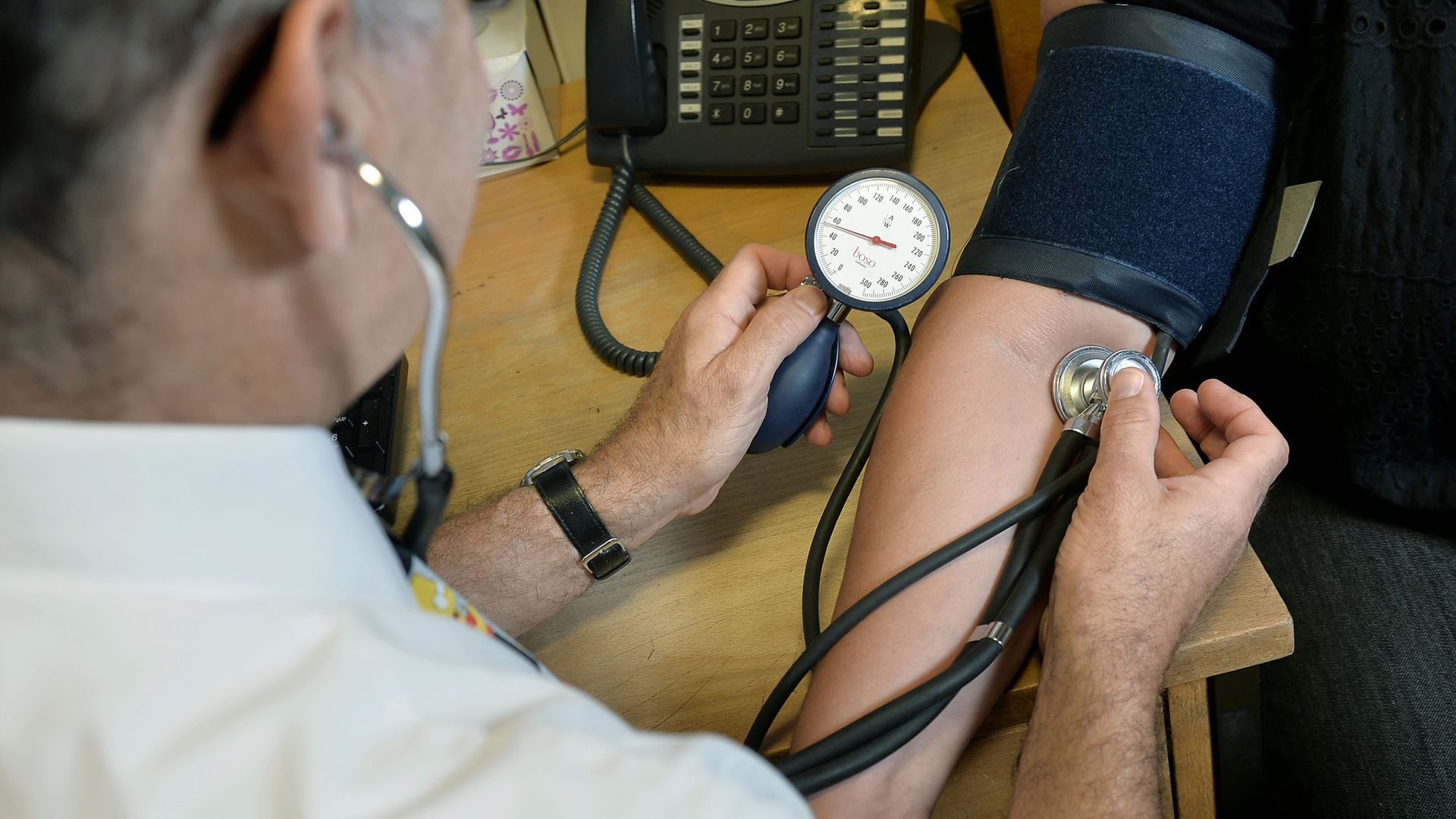GPs have voted overwhelmingly in support of industrial action. This is how it could affect you.
Across England, GPs voted in favour of collective action that doctors warned could last for “months”.
More than 8,500 GPs took part in the ballot and over 98% voted in favour of action.
This comes on the back of the new Labour government offering a 22.3% pay rise for junior doctors.
However, Health Secretary Wes Streeting previously urged GPs to not punish patients with possible collective action.
The last time GPs took collective action was in 1964 when family doctors handed in undated resignations to the Wilson government.
This led to reform including the Family Doctor Charter of 1965.
GPs vote to take collective action for first time in 60 years
Junior doctors offered 22% pay rise by government to end strike action
National alert from NHS over blood type shortages
As part of the action, the BMA will encourage surgeries to choose from a list of 10 actions, with practices able to choose how many they implement.
The 10 options GPs have at their disposal include:
• Limit the daily patient contacts to a maximum of 25 people per clinician and divert patients to urgent care once that limit has been reached.
• Stop engaging with e-Referral advice and guidance pathways unless in the patient’s best interests.
• Serve notice on any voluntary services that plug local gaps.
• End the rationing of referrals, investigations and admissions.
• Switch off the software that allows third party entry into GP clinical records.
• Withdraw permission for data sharing agreements that use data for secondary purposes beyond care.
• Freeze the sign up of any new data sharing agreements.
• Switch off NHS software embedded by the local Integrated Care Board which tries to cut costs and/or rationing.
• Refuse to share data from phone calls and keep online triage tools switched off during core practice opening hours.
• Defer making any decision to accept local or national NHS England pilot programmes.
‘An act of desperation’
The BMA said action by GPs in England will be a “slow burn” rather than a “big bang” and it came in response to a new contract, which will see services given a 1.9% funding increase for 2024/25.
This, they claim, means many surgeries will struggle to stay financially viable.
The BMA described the vote for collective action by GPs as “an act of desperation”.
Read more from Sky News:
Woman dies after dog attack
Judge asked to rule if twins exist
Teen charged over Southport murders appears in court
Keep up with all the latest news from the UK and around the world by following Sky News
Dr Katie Bramall-Stainer, chair of BMA’s GP committee for England (GPCE), said: “We had a huge response to this ballot, and the results are clear – GPs are at the end of their tether.
“For too long, we’ve been unable to provide the care we want to.
“The era of the family doctor has been wiped out by recent consecutive governments and our patients are suffering as a result.”
Be the first to get Breaking News
Install the Sky News app for free
NHS response
Dr Amanda Doyle, NHS national director for primary care and community services, said: “GPs and their teams are the bedrock of the NHS, and we recognise they are working really hard and dealing with record demand.
“On behalf of patients, the NHS has a duty to plan for collective action, and we will continue to work with government to find a resolution and end collective action.
“Our message to the public remains the same – they should continue to come forward for care during this collective action, as GP practices will remain open.”
The health secretary said he wants to build a “new relationship” with GPs and described general practice as sitting at the “heart” of the NHS.
“The [GP] contract needs reform, but the relationship I want with you and the profession isn’t simply a contractual one, but a new partnership,” he said.






















